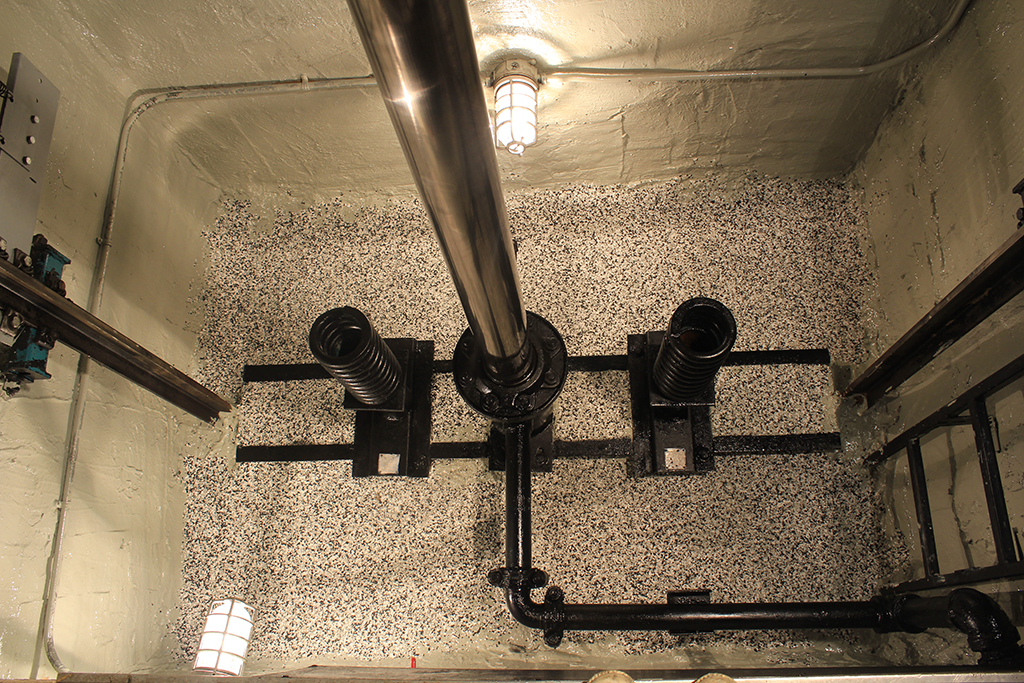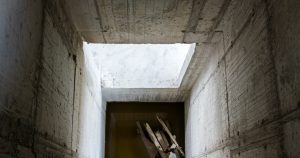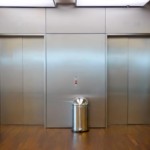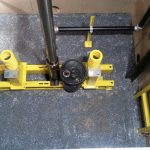Elevator Waterproofing: A Vital Component of Building Safety and Longevity
Elevator Waterproofing: A Vital Component of Building Safety and Longevity
Elevators have become an integral part of modern urban life, seamlessly ferrying people and goods from one floor to another. However, what often goes unnoticed is the critical role played by elevator waterproofing in ensuring the safety and longevity of these vital systems. In this 1200-word article, we will delve into the importance of elevator waterproofing, its various components, and the methods employed to safeguard elevators from water damage and corrosion.
The Significance of Elevator Waterproofing
Elevator systems are typically housed within elevator shafts, which are enclosed spaces that extend throughout the building. These shafts are susceptible to water infiltration, whether it be due to heavy rains, leaks from plumbing, or flooding. Water damage can wreak havoc on elevator components, compromising both safety and functionality. Elevator waterproofing is designed to prevent these issues, ensuring the reliable operation of these crucial devices.
Components of Elevator Waterproofing
Elevator waterproofing encompasses several key components, each designed to serve a specific function in preventing water intrusion and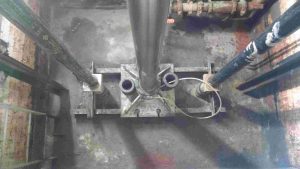
Pit Waterproofing:
The pit, located at the bottom of the elevator shaft, is particularly vulnerable to water infiltration. Pit waterproofing involves the installation of a waterproof membrane, drainage systems, and sump pumps to collect and redirect any water that may enter the pit. Proper pit waterproofing is essential for protecting the elevator’s mechanical and electrical components.
Shaft Waterproofing:
Elevator shafts must also be protected from water intrusion. Shaft waterproofing typically involves the application of waterproof coatings or membranes on the walls and floors of the shaft to create a barrier against water penetration. Additionally, drainage systems may be installed to manage any water that does enter the shaft.
Door and Frame Sealing:
Elevator doors and frames are potential entry points for water, and they must be properly sealed to prevent moisture from infiltrating the elevator car and the machinery inside the shaft.
Roof Waterproofing:
In some cases, elevators that extend to the building’s exterior may require roof waterproofing to prevent water from entering the shaft through the roof or the top of the car.
Methods and Materials
Elevator waterproofing methods and materials have evolved over the years to provide effective protection against water damage. Some of the most common approaches include:
Waterproof Membranes:
Waterproof membranes are applied to the surfaces of the pit and shaft to create a barrier that prevents water from seeping through. These membranes can be made of various materials, including sheet membranes, liquid membranes, and spray-on coatings. The choice of membrane depends on factors like the type of construction, budget, and project requirements.
Drainage Systems:
To manage any water that does infiltrate the elevator shaft, drainage systems are installed. These systems include drains, gutters, and sump pumps that collect and redirect water away from the elevator components and the building structure.
Sealants and Gaskets:
Door frames and other potential entry points for water are sealed using high-quality sealants and gaskets, ensuring a watertight seal that prevents moisture from entering the elevator car.
Roof Waterproofing:
For elevators with access to the exterior, a combination of roofing materials and flashing systems is used to protect against rain, snow, and environmental elements.
The Consequences of Inadequate Elevator Waterproofing
Inadequate elevator waterproofing can have severe consequences, both in terms of safety and financial costs. Here are some of the key issues that can arise due to poor elevator waterproofing:
Mechanical and Electrical Damage:
Water infiltration can damage the elevator’s mechanical and electrical components, leading to costly repairs or replacements. This can result in extended downtime and inconvenience for building occupants.
Corrosion:
Moisture in the elevator shaft can lead to the corrosion of metal components, compromising the structural integrity of the elevator system.
Mold and Mildew:
Excess moisture can create a breeding ground for mold and mildew within the elevator shaft, potentially leading to health hazards and the need for extensive remediation.
Reduced Lifespan:
Elevator systems with inadequate waterproofing are likely to have a reduced lifespan, requiring more frequent replacements and upgrades.
Elevator Waterproofing in New Construction
In new construction projects, elevator waterproofing is a critical consideration from the outset. Architects and builders work closely with elevator waterproofing specialists to ensure that the elevator shafts, pits, and other components are properly waterproofed from the beginning. This proactive approach not only safeguards the elevator system but also prevents costly retrofitting in the future.
Retrofitting Existing Elevator Systems
For existing buildings with elevators that lack proper waterproofing, retrofitting becomes necessary. This process can be complex and often requires a comprehensive assessment of the existing system to determine the best approach to add waterproofing measures. Depending on the structure and budget, this may involve applying waterproof membranes, installing drainage systems, and sealing vulnerable points within the shaft.
Maintenance and Inspection
Regardless of whether the elevator system is part of a new construction project or a retrofit, regular maintenance and inspection are vital to ensure ongoing protection. Elevator waterproofing systems, like any building element, can degrade over time. Therefore, routine checks, cleaning, and repairs are necessary to identify and address any issues before they become severe.
Choosing the Right Elevator Waterproofing Contractor
Selecting the right contractor for elevator waterproofing is crucial to the success of the project. Here are some factors to consider when choosing a contractor:
Experience:
Look for a contractor with a proven track record in elevator waterproofing. They should have experience in both new construction and retrofitting projects.
Certification and Licensing:
Ensure that the contractor is properly certified and licensed to perform elevator waterproofing work in your jurisdiction.
References and Reviews:
Check references and read reviews from past clients to gauge the contractor’s reputation and quality of work.
Warranty:
Ask about the warranty or guarantee provided for the waterproofing work. A reputable contractor should stand behind their work.
The Future of Elevator Waterproofing
As buildings become more complex and advanced, elevator systems are likely to follow suit. Elevator waterproofing will continue to play a crucial role in ensuring the safety, reliability, and longevity of these systems. Advancements in materials and technology may lead to more efficient and cost-effective waterproofing solutions.
Elevator waterproofing is a vital component of building safety and longevity. It protects elevator systems from water damage, corrosion, and other issues that can compromise their function and safety. Whether in new construction or retrofitting projects, the right waterproofing measures and materials, along with regular maintenance, are essential for ensuring that elevators continue to serve as the reliable workhorses of our modern buildings. Investing in elevator waterproofing is an investment in both safety and peace of mind for building owners and occupants alike.
Contact the Professionals at Select Elevator Waterproofing Today! 732-410-7007



